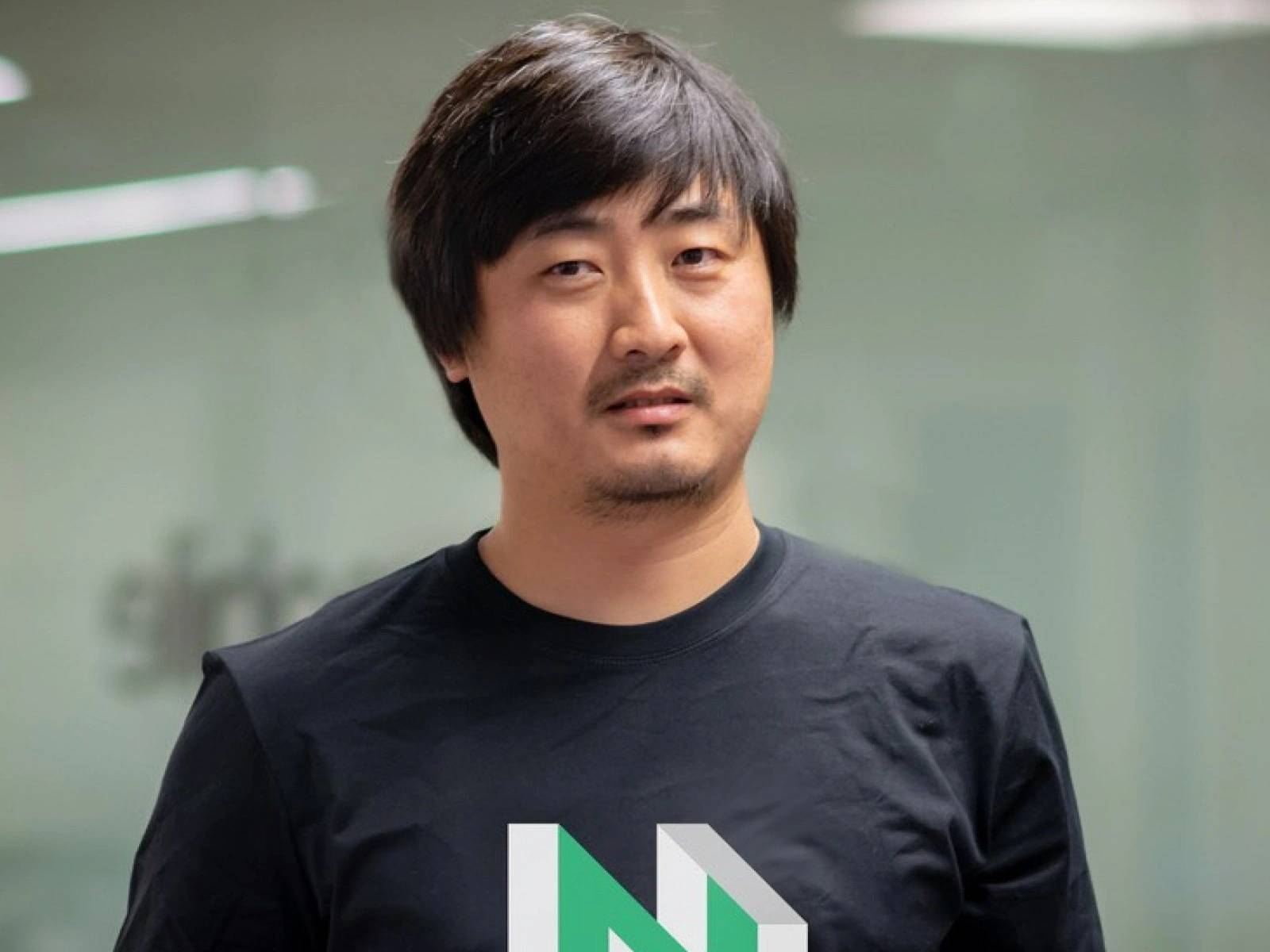订阅 wiki
Share wiki
Bookmark
Kevin Wang (Nervos)
0%
Kevin Wang (Nervos)
王凯文 是一位软件开发者、企业家,以及 Nervos Network 的联合创始人。Nervos Network 是一个 区块链,其结构优先考虑去中心化,提供极简主义、灵活性和安全性。 [1]
教育
王于2000年获得北京交通大学电子信息技术学士学位,2001年获得宾夕法尼亚大学电信与网络硕士学位。 [1]
职业生涯
王的技术职业生涯始于IBM,从2002年2月到2011年6月担任软件工程师和解决方案架构师。离开IBM后,他成为Hashrocket的顾问和软件开发人员,帮助早期创业公司推出产品,时间从2011年6月到2012年8月。2013年,他与人共同创立了Teahour.fm,这是一个面向开发人员的中文技术播客,并担任主持人直到2016年4月。他还与人共同创立了Launch School,这是一所专注于计算机科学和开发人员核心工程原理的在线学校。2018年1月,王与谢晗剑、Terry Tai、Daniel Lv和Cipher Wang共同创立了Nervos Network。后来,在2022年11月,他与人共同创立了Khalani Labs,这是一个去中心化的求解器网络和应用平台。 [1]
Nervos 网络
在 REIMAGINE 2021 期间,王与 MouseBelt 的 Adam Leon 讨论了区块链和Nervos 网络的当前趋势。在采访开始时,他谈到了自己的工程背景以及如何进入区块链领域:[2]
“我接受过自学工程师的培训,我的职业生涯始于一家大公司 IBM 硅谷实验室的研究实验室,我在那里从事大数据解决方案。对于我们许多进入区块链领域的人来说,它是比特币。几年前,在上次金融危机之后,我开始自学经济理论以了解发生了什么。与此同时,我偶然发现了比特币白皮书并阅读了它。作为一名软件工程师,我被构建集中式系统的不同方式所吸引。此外,健全货币的概念,一种不属于任何人但属于所有人的无国界货币,从哲学角度来看非常有吸引力。最重要的是,这吸引我进入了比特币和区块链行业。”
“它是一个开放平台,就像互联网一样。以互联网为例,我们目前所处的阶段类似于现代网络浏览器出现之前。人们使用连接到特定网络和服务器的应用程序,就像今天一样,我们有多个区块链。要使用它们上的应用程序,您需要一个特定的钱包,并且必须知道如何与它们交互并访问它们的本地代币和发行的代币。这为用户创建了一个分段的范例。现在唯一可用的无缝用户体验是通过中心化交易所,在那里交易加密货币是顺畅的,并且抽象掉了底层的区块链交互。”
“我们的目标是,并且我们相信整个区块链行业正在朝着解决连接性和用户体验问题的方向发展。我们需要连接所有这些平台并提供无缝的用户体验,类似于现代网络浏览器如何抽象掉各种网络之间的差异。当开发人员启动应用程序时,来自任何地方的用户都应该能够使用它们,并且所有区块链的资产都应该可以被这些应用程序访问。”
当被问及 Nervos 的项目和用例时,王回答说:[2]
“其中一个更多的是在 DeFi 领域,专注于跨链体验并抽象掉区块链之间的差异。与其仅仅为以太坊及其代币构建 DEX 和借贷应用程序,并将包装比特币作为一个例外,您现在可以利用整个 CoinMarketCap 前 100 名来构建应用程序。这意味着您不必只关注一件事;它不必只是一个 DEX。它可以包括借贷和稳定币,提供大量的设计空间来构建多样化的应用程序,并且有些人已经在研究这个。”
“我们看到的另一个活跃领域是 NFT 领域。在各个层面上构建的开发人员发现他们可以使用 NFT 做一些独特的事情,而他们在其他地方无法做到。与大多数用户都是 加密货币 爱好者的 DeFi 不同,NFT 领域吸引了许多非 加密货币 人士。例如,我们一直在与艺术家、名人和拥有大量粉丝群的人交谈。这些粉丝可能对区块链一无所知,并且可能不关心 加密货币钱包,但他们对 NFT 非常感兴趣,因为他们关心自己的偶像或艺术家。他们希望在他们已经感到舒适的环境中无缝互动。”
在采访结束时,他分享了自己对区块链和加密货币中社区重要性的看法:[2]
“对于一个公共区块链,有一组不同的利益相关者,包括矿工或 PoS 质押者、代币持有者和开发人员。总的来说,这些群体构成了社区。开发人员在网络上构建,通过添加功能使平台更可用,从而为用户提供更多参与理由。矿工保护网络,类似于以太坊和比特币的运作方式,代币持有者也在保护网络方面发挥着至关重要的作用,正如我们的经济论文中所概述的那样。我们的经济模型旨在确保每个人都有动力为协议做出贡献。目前,由于我们正在引导网络,因此有一个中心化的基金会来帮助分配资源并促进增长。最终,目标是让人们使用网络、在其上构建并发展社区。”
面试/小组讨论
Binary District
在2019年6月的一次加密货币经济学聚会上,Binary District采访了王,内容关于Nervos Network,首先讨论了开发多层区块链的主要挑战:[3]
“从一开始,设计这个的最大挑战就是确定如何划分各层的边界,以及定义每一层的职责。Nervos Network的总体目标是创建一个去中心化的经济体,构建一个卫星经济的未来。我们认为第一层协议应该作为价值和资产的智能托管人,类似于中心化系统中银行和经纪公司管理人们的资金和资产的方式。在一个去中心化的经济体中,我们设想一个专门用于确保其中保存的数字资产具有长期可持续性、安全性和可信度的层。”
“最初的挑战是试图一次性推动所有事情,这被证明太困难了。因此,我们需要倾听市场需求,认识到大多数大型公司更愿意采取较小的步骤来构建更私有或有许可的东西,但仍然可能对公众开放。随着这个领域的增长和更多用例的出现,私有和公共区块链使用之间的区别变得类似于内联网和互联网之间的区别。最初,公司可能会从私有网络中获得效用和生产力,但随着时间的推移,他们会看到他们的资产在与更广泛的社区整合时价值增加。”
“例如,如果星巴克在区块链上发行积分,但将其保留在自己的生态系统中,那么这些积分的效用仍然有限。但是,如果这些积分可以转移到公共区块链上,它们就可以以更具创意的方式使用,从而增加价值。例如,一家航空公司可以为星巴克积分持有者提供额外的奖励,或者其他企业可以提供额外的福利,使这些积分更有价值和用途。这种更广泛的互动和组合的潜力为原本局限于私有网络的资产带来了更大的价值。”
社区AMA
在2021年的一次Nervos社区AMA中,王讨论了创建Nervos的动机、管理全球分布式团队的挑战,以及Godwoken的推出和Force Bridge等关键发展,以提高区块链的互操作性。他解决了关于挖矿和网络安全的担忧,强调了多家制造商参与生产CKB的挖矿设备。王强调了Godwoken上新dApps的准备情况、吸引开发者的计划以及战略营销努力,包括与Cardano的UTXO联盟等合作。 [4]
连接区块链
2020年12月,The Wolf Of All Streets 播客的 Scott Melker 采访了 Wang,内容关于 Nervos 及其创新的 区块链 技术方法。Nervos 旨在融合 比特币 和 以太坊 的优势,创建一个分层 区块链 生态系统,以解决 加密货币 领域内现有的隔离问题。Wang 讨论了管理全球分布式团队的挑战,并强调 Nervos 专注于通过 工作量证明 成为非货币价值的存储。他强调了将 Nervos 原生代币的价值与 区块链 上的资产联系起来的经济模型,以及互操作性对于支持 Web3 空间内各种应用的重要性。[5]
发现错误了吗?
